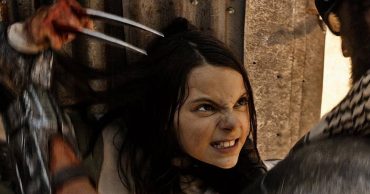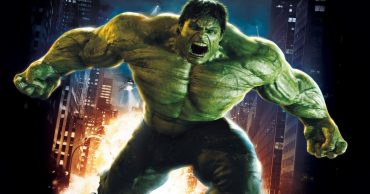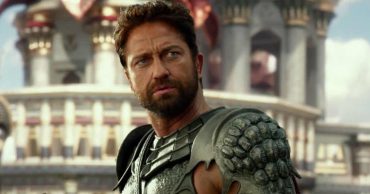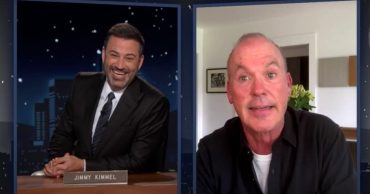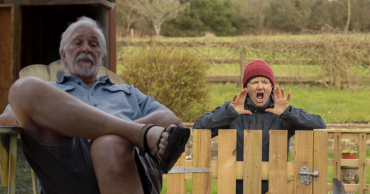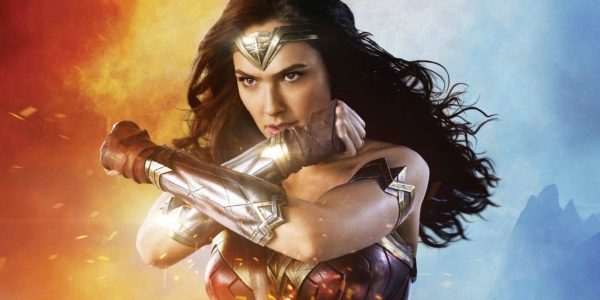
With everyone still high on the success of Wonder Woman at the box office, it’s easy to forget exactly what a trying time it was to get the Amazon princess to the big screen. Despite the litany of superheroines vying for a shot at their own blockbuster, the unfortunate default logic for film studios for decades was that “women don’t sell tickets.”
Before Wonder Woman, there were just five major female-lead superhero movies to choose from: all of them infamously terrible. Supergirl couldn’t figure out to do with a female hero. Elektra represented the worst of an already terrible movie franchise. Catwoman didn’t even passingly resemble the character it presumed to follow.
Even Wonder Woman — the First Lady of Superhero Comics — couldn’t make the grade. Even when DC made a major push for her cinematic debut more than a decade ago, simply being Wonder Woman evidently wasn’t enough.
This wasn’t some passing fancy, either. This was a major production with all the expected fanfare for an undertaking of this size. Joss Whedon — best known for helming the first two Avengers movies — was hired to write and direct the film. While he hadn’t yet cut his teeth on superheroics, he had already made a name for himself for crafting strong (and strongly written) female characters, including the casts of Buffy the Vampire Slayer and Firefly. He’d even taken on Ellen “Get Away From Her, You Bitch” Ripley in his script for Alien: Resurrection.
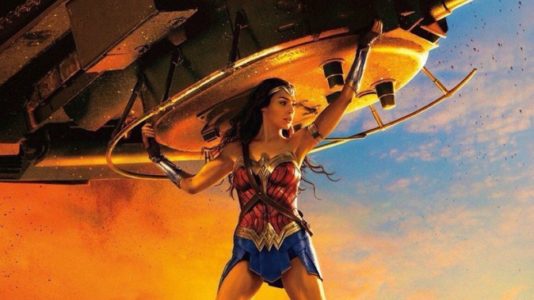
Sadly, he was dropped from the project in 2007, which got shelved entirely soon afterwards. On his version of the character, he said:
“She was a little bit like Angelina Jolie [laughs]. She sort of traveled the world. She was very powerful and very naïve about people, and the fact that she was a goddess was how I eventually found my in to her humanity and vulnerability, because she would look at us and the way we kill each other and the way we let people starve and the way the world is run and she’d just be like, None of this makes sense to me. I can’t cope with it, I can’t understand, people are insane. And ultimately her romance with Steve was about him getting her to see what it’s like not to be a goddess, what it’s like when you are weak, when you do have all these forces controlling you and there’s nothing you can do about it. That was the sort of central concept of the thing. Him teaching her humanity and her saying, OK, great, but we can still do better.”
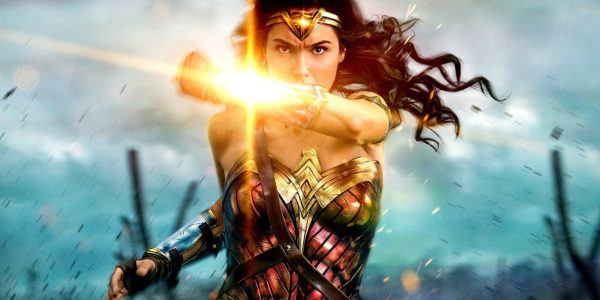
As for why he was removed from the project, the answer comes down to Warner Bros. He and the studio were unable to agree on a version of Diana, let alone a full script for the movie. And while Warner Bros. saw the film as a mid-budget affair, Whedon saw it as a more elaborate — and expensive — production.
Asked about it years later, Whedon recalled that:
“I had a take on the film that, well, nobody liked. Hey, not that complicated. Let me stress first that everybody at the studio and Silver Pictures were cool and professional. We just saw different movies, and at the price range this kind of movie hangs in, that’s never gonna work. Non-sympatico. It happens all the time. I don’t think any of us expected it to this time, but it did. Everybody knows how long I was taking, what a struggle that script was, and though I felt good about what I was coming up with, it was never gonna be a simple slam-dunk. I like to think it rolled around the rim a little bit, but others may have differing views.”
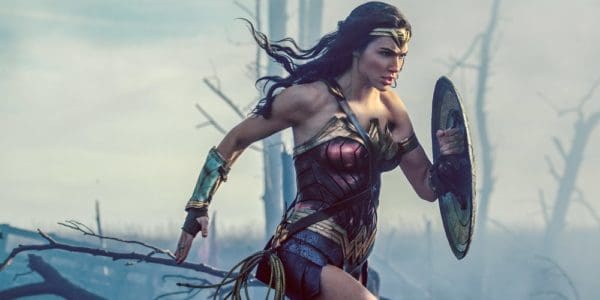
Wonder Woman director Patty Jenkins’ film is a brilliant, straight-forward take on the character. She delivered on a movie that not only was great fun, but lived up to the full promise of its title character. Still, I’ll never stop wondering what we could have gotten with Joss Whedon behind the camera.
 Follow Us
Follow Us
